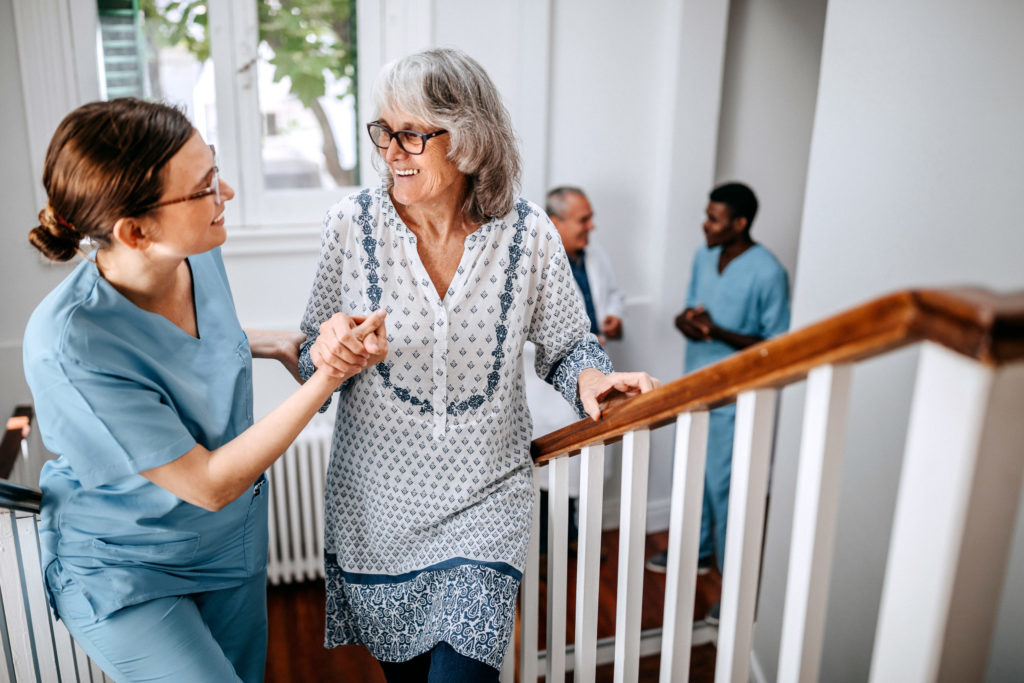Introduction
As our loved ones age, prioritizing their wellness becomes increasingly crucial. Among the various health concerns that seniors may face, cancer stands out as a formidable adversary. Additionally, for those who are battling advanced stages of cancer, hospice care becomes a vital component in ensuring comfort and support during their final stages. In this blog, we will explore essential tips for cancer prevention and shed light on the importance of hospice care for elderly individuals.
Cancer Prevention Tips for Seniors
1. **Regular Health Check-ups:**
Regular health check-ups play a pivotal role in early cancer detection. Encourage your elderly loved ones to visit their healthcare providers for routine screenings and examinations. Early detection significantly increases the chances of successful treatment.
2. **Healthy Lifestyle Choices:**
Adopting a healthy lifestyle can contribute to cancer prevention. Encourage seniors to maintain a balanced diet rich in fruits, vegetables, and whole grains. Regular physical activity and avoiding tobacco and excessive alcohol consumption can also reduce the risk of developing cancer.
3. **Stay Sun Safe:**
Skin cancer is a prevalent concern, especially for seniors who may have experienced prolonged sun exposure throughout their lives. Encourage the use of sunscreen, protective clothing, and hats when going outdoors to minimize the risk of skin cancer.
4. **Vaccinations:**
Certain vaccinations can protect against viruses known to increase the risk of cancer. For example, the HPV vaccine can help prevent cervical cancer, and the hepatitis B vaccine can reduce the risk of liver cancer.
5. **Maintain a Healthy Weight:**
Obesity is linked to an increased risk of various types of cancer. Help your loved ones maintain a healthy weight through a combination of regular exercise and a well-balanced diet.
6. **Quit Smoking:**
If your loved one smokes, supporting them in quitting is one of the most significant steps towards cancer prevention. Smoking is a leading cause of lung cancer and is associated with several other types of cancer.
Hospice Care Tips for Seniors with Advanced Cancer
1. **Early Planning:**
It’s essential to initiate discussions about hospice care early in the cancer journey. Understanding the patient’s wishes and preferences can help in making informed decisions about the type and timing of hospice care.
2. **Emotional Support:**
Hospice care extends beyond medical assistance. Emotional support is a fundamental aspect, and hospice providers often offer counseling services for both the patient and their family members to cope with the challenges of advanced illness.
3. **Pain Management:**
Pain is a common concern for individuals with advanced cancer. Hospice care focuses on effective pain management, ensuring that patients are comfortable and experience an enhanced quality of life in their remaining days.
4. **Respecting Patient Wishes:**
Hospice care respects the autonomy and wishes of the patient. Whether it’s about where they want to spend their final days or specific cultural or religious considerations, hospice teams tailor their support to honor the individual’s preferences.
5. **Providing Comfort:**
Creating a comfortable environment is paramount. Hospice care often includes services such as massage, music therapy, and aromatherapy, aiming to provide physical and emotional comfort.
6. **Family Involvement:**
Hospice care is a family-centered approach. Involving family members in the care process can provide additional support for both the patient and their loved ones.
Conclusion
Prioritizing wellness in our elderly loved ones involves a proactive approach to cancer prevention and an understanding of the importance of hospice care in advanced stages of the disease. By implementing preventive measures and recognizing the significance of compassionate end-of-life care, we can contribute to the overall well-being of our seniors. Engaging in open conversations about health, supporting healthy lifestyle choices, and planning for hospice care when needed are crucial steps in ensuring the best possible quality of life for our aging family members.

